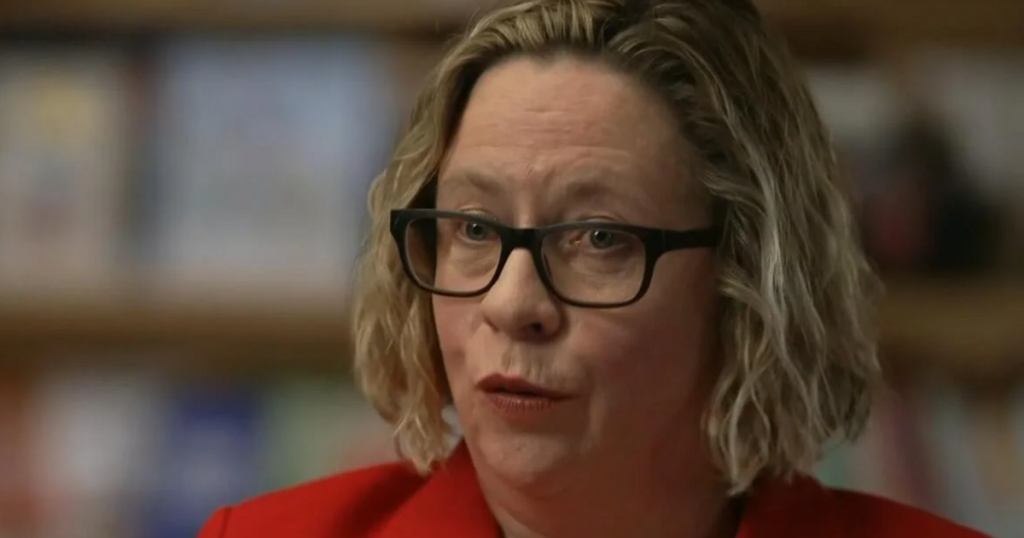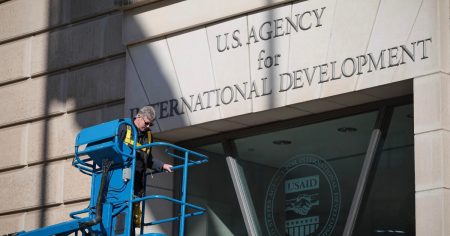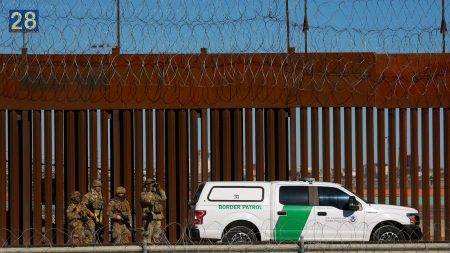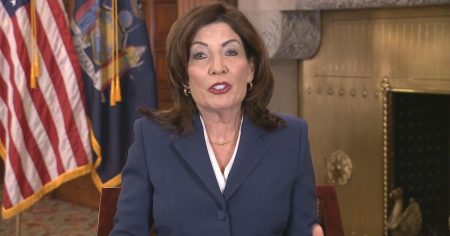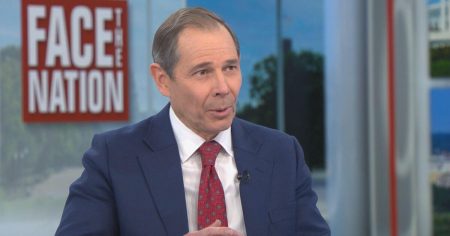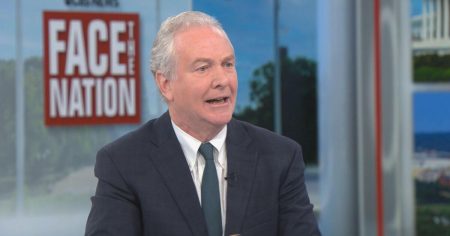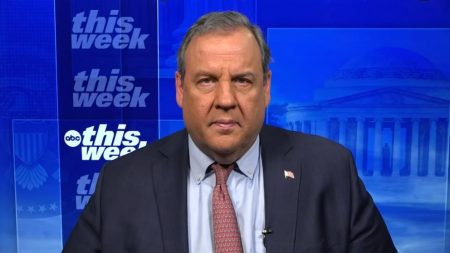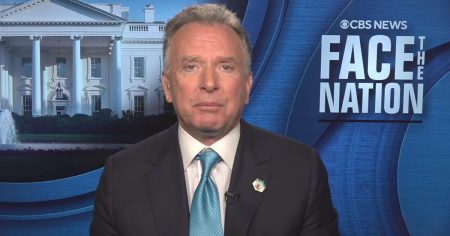A Judge’s Warning: Immigration Caseload Will Balloon Amid Rising Backlog
Kerry Doyle, an immigration judge who was terminated by President Trump just a week before she was set to begin her duties, has expressed concerns that the immigration caseload in the U.S. courts will significantly increase. Doyle, who anticipated handling up to 700 cases annually, including asylum claims, permanent residency applications, and removal proceedings, was among several judges fired under the Trump administration. She warns that the already overwhelmed immigration court system, which currently faces a backlog of about 4 million cases, will see a further surge in caseload due to various factors, including increased migrant crossings and ramped-up removal efforts. Doyle emphasizes that while the southern border has seen a recent decline in crossings, the cases already in the system, combined with new ones, will continue to pile up.
The Growing Caseload and Its Roots
The backlog in immigration courts is not just a result of new cases from the border but also from existing cases involving individuals already living in the United States. As removal proceedings intensify, more cases are being added to the courts’ docket, exacerbating the already strained system. Doyle points out that the caseload is not solely driven by border crossings but also by the growing number of people already in the country who are now being referred to immigration judges. This dual influx of cases has created a perfect storm that threatens to overwhelm the immigration court system further. The Trump administration’s recent pause on immigration applications from certain countries, citing fraud and security concerns, has only added to the pressure, as these cases will eventually need to be processed.
The Trump Administration’s Immigration Policies and Their Impact
The Trump administration’s decision to pause immigration applications from Latin America and Ukraine, under certain Biden-era programs, has been met with criticism from legal experts and immigration advocates. This pause, enacted due to concerns over fraud and security, has been seen as a move to further restrict legal immigration pathways. The administration’s actions have been underscored by the termination of at least 20 immigration judges, including Kerry Doyle, who was dismissed just days before she was set to take up her duties. While the Department of Justice has declined to comment on the terminations, Doyle has speculated that she and other fired judges were part of a group appointed under the Biden administration, making them targets for political reasons.
Kerry Doyle: A Critic Turned Judge
Before her termination, Kerry Doyle was known for her criticism of the immigration system during her time as an immigration attorney. Her outspoken stance led to her being placed on a conservative-backed group’s watchlist of political appointees. Despite this, Doyle maintained that she took an oath to uphold the Constitution and act impartially as a judge. She emphasized that her role as a judge required her to listen to both sides of a case, weigh the evidence under the law, and make fair decisions. Doyle’s transition from being an advocate to a decision-maker was a significant shift, one that she was prepared to embrace before her abrupt termination by the Trump administration.
The Broader Implications of Firing Immigration Judges
The firing of immigration judges like Kerry Doyle has raised concerns about the politicization of the immigration court system. Doyle has suggested that the terminations were politically motivated, targeting judges who were appointed during the Biden administration. The loss of experienced judges further strains an already overwhelmed system, as their absence leaves a gap in the much-needed judicial capacity to handle the growing caseload. The Trump administration’s actions have been criticized for undermining the independence of the judiciary and exacerbating the challenges faced by immigration courts. The termination of judges like Doyle has also sent a chilling message to other judges, potentially Creating an atmosphere of fear and mistrust within the system.
A Commitment to Fairness Amidst Chaos
Despite the challenges and controversies surrounding her termination, Kerry Doyle remains committed to the principles of justice and fairness that guided her work as a judge. She believes that the role of an immigration judge is to act as a neutral arbiter, applying the law impartially to each case. Doyle’s dedication to upholding the Constitution and ensuring that all individuals receive a fair hearing reflects the core values of the judicial system. Her termination, however, serves as a stark reminder of the political pressures that can influence the immigration court system, potentially undermining its ability to function effectively. Doyle’s story is just one example of the broader tensions and challenges facing immigration courts in the United States.





